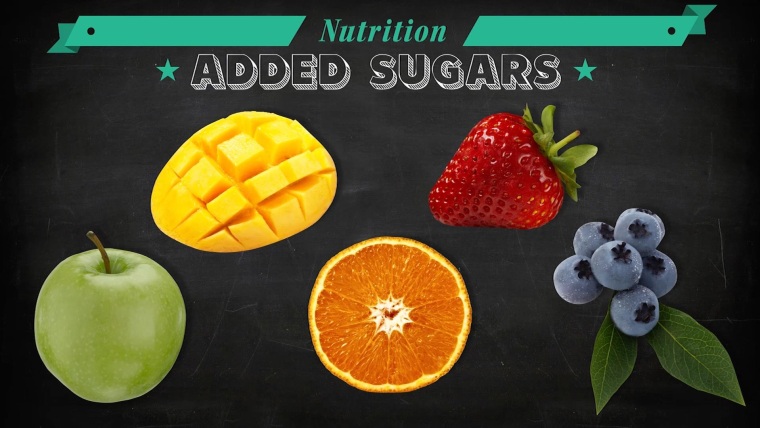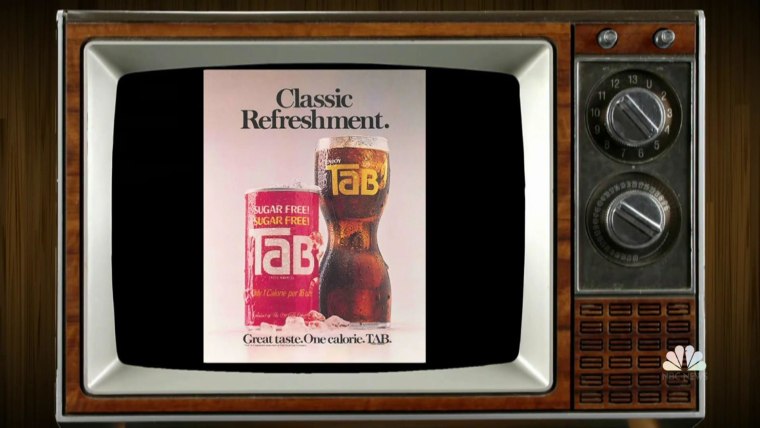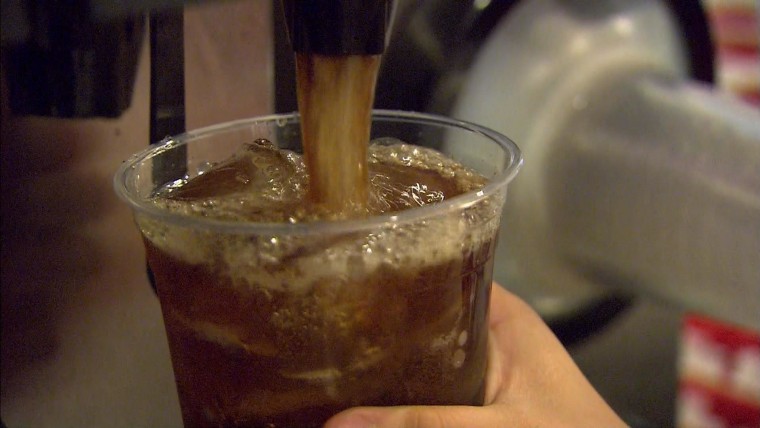How Are Diet Drinks Bad for You
Nutritionists blame sugary drinks for a host of health problems, so many people with a thirst for sweet soda have switched to diet versions to avoid the extra calories.
It may not be a better alternative when it comes to your heart.
New research found that compared to consumers who completely skipped sweetened drinks, those who drank lots of beverages with artificial sweeteners had a higher risk of heart disease — just like people who consumed lots of drinks with sugar added.
"Our study suggests artificially-sweetened beverages may not be a healthy substitute for sugar drinks," said Eloi Chazelas, the lead author, doctoral candidate and a member of the nutritional epidemiology research team at Sorbonne Paris Nord University in France, in a statement.

The findings are based on data from almost 105,000 people in France who were followed for 10 years, starting in 2009. The participants filled out questionnaires about their diets every six months, which the researchers analyzed for both sugary and diet beverage habits.
For each drink category, the participants were divided into three groups:
- Non-consumers, who abstained
- Low consumers, who drank about 1.5 ounces a day
- High consumers, who drank about 6 ounces a day.
When the researchers analyzed their health records, the higher consumers in both drink categories had a higher risk of cardiovascular disease — 20% and 32%, respectively — compared to non-consumers.
The study showed an association, not a causation.

What science says:
Previous research has found drinking diet soda may raise the risk of stroke and dementia, and doesn't help people lose weight.
Beverages with added sugar, sucrose, high-fructose corn syrup and other sweeteners — such as soda, fruit drinks, sports drinks, energy drinks and sweetened waters — have been under scrutiny for years. They're associated with weight gain, obesity, type 2 diabetes, heart disease, kidney diseases, non-alcoholic liver disease, tooth decay and gout, according to the Centers for Disease Control and Prevention.
A 2019 study by Harvard researchers found the more sugar-sweetened beverages people drank, the greater their risk of premature death — particularly from cardiovascular disease.
It also found drinking one artificially-sweetened beverage per day instead of a sugary one lowered the risk of premature death, but drinking four or more diet sodas daily was associated with increased risk of mortality in women.

Microbiome connection?
All of the evidence suggests people should limit both types of drinks, experts said.
"I think caution is advised right now for everybody," Penny Kris-Etherton, a nutrition professor at Penn State University and past co-chair of the American College of Cardiology's nutrition and lifestyle workgroup, told TODAY.
"Start cutting back," she advised people who frequently drank diet soda. "People have to be careful. How much are they drinking? ... A lot might think, 'One can a day — that's nothing,'" she added, noting people categorized as high consumers in the new study still drank less than a glass of the beverages a day.
It's not clear why artificial sweeteners might affect heart health, but some researchers think they may impact the microbiome and the bacteria in the gastrointestinal tract, causing adverse effects, Kris-Etherton said. That, in turn, could affect blood pressure and glucose status, which are risk factors for cardiovascular disease.
"This is kind of a very, very new and emerging area of science, but we're beginning to realize the importance of the microbiome and overall health effects," she noted.
Industry response:
Commenting on the new study, the International Sweeteners Association argued there's no evidence that low or no-calorie sweeteners would increase the risk of cardiovascular disease, "nor a plausible mechanism by which they could cause heart disease in humans."
"Low/no-calorie sweeteners are amongst the most thoroughly researched ingredients worldwide. It goes without saying that in order to be approved for use, the regulatory authorities thoroughly assess all kinds of studies examining potential side effects," it said in a statement.
The American Beverage Association, an industry trade group, pointed to a 2017 review of studies that found "no conclusive evidence" for either beneficial or harmful effects when it came to weight gain or risk of disease. Another review found no evidence these sweeteners made people hungrier or eat more.
"Low- and no-calorie sweeteners have been deemed safe by regulatory bodies around the world," spokeswoman Danielle Smotkin told TODAY.
"There is a substantial body of research, including a study by the World Health Organization, that shows these sweeteners are a useful tool for helping people reduce sugar consumption and manage weight."

How to cut back:
Start slow and make small changes rather than going cold turkey, experts advised.
Water is the preferred beverage listed in the 2015-2020 Dietary Guidelines for Americans and Kris-Etherton echoed that recommendation.
The CDC recommended adding a wedge of lime or lemon to improve the taste, or sticking with plain coffee or tea, or flavored waters.
Sparkling water or iced tea without sugar are also good options. Kris-Etherton advised.
How Are Diet Drinks Bad for You
Source: https://www.today.com/health/why-diet-soda-bad-you-diet-drinks-may-be-bad-t197736